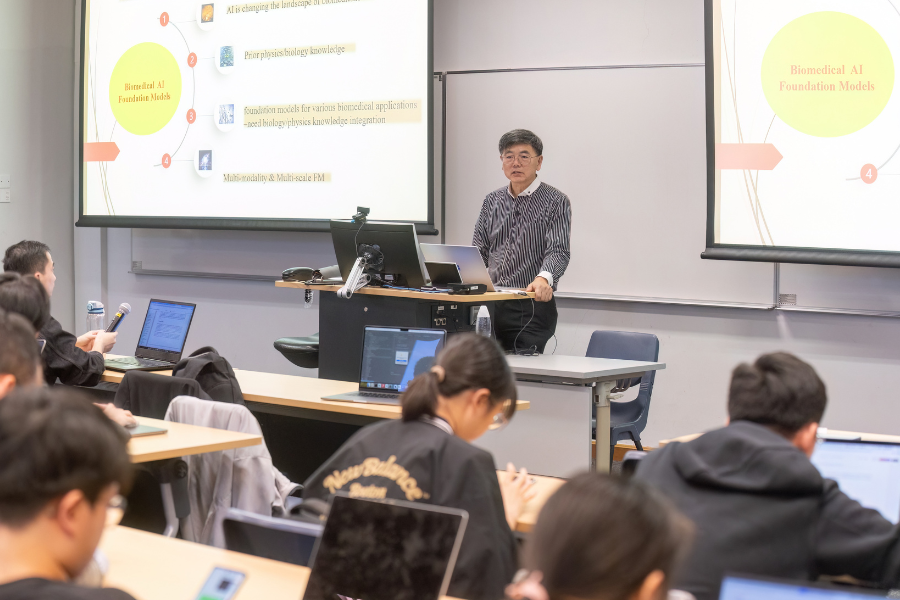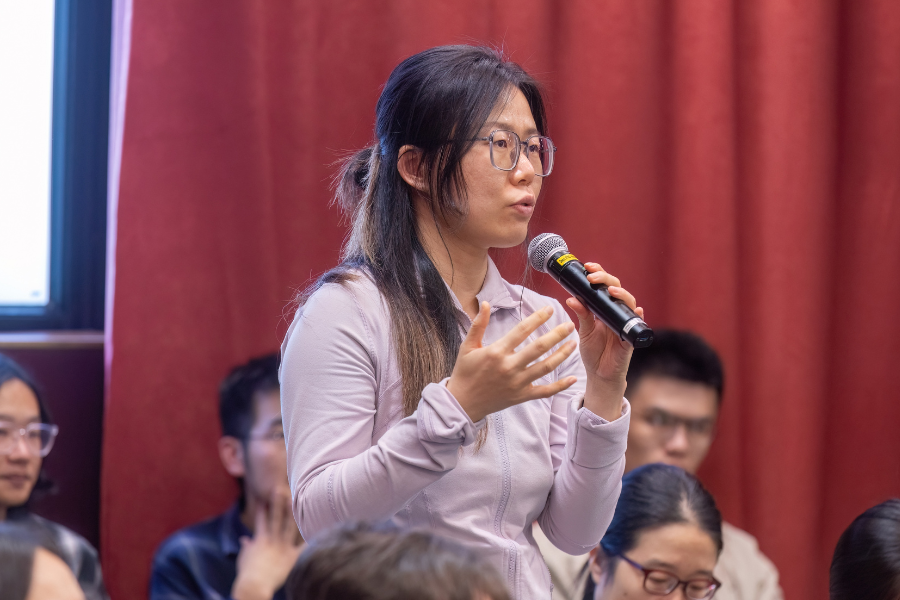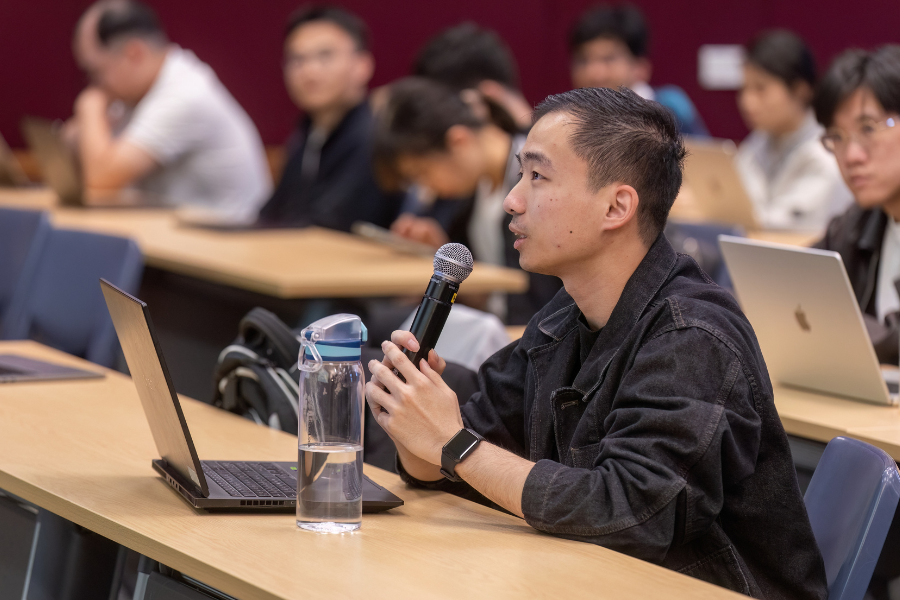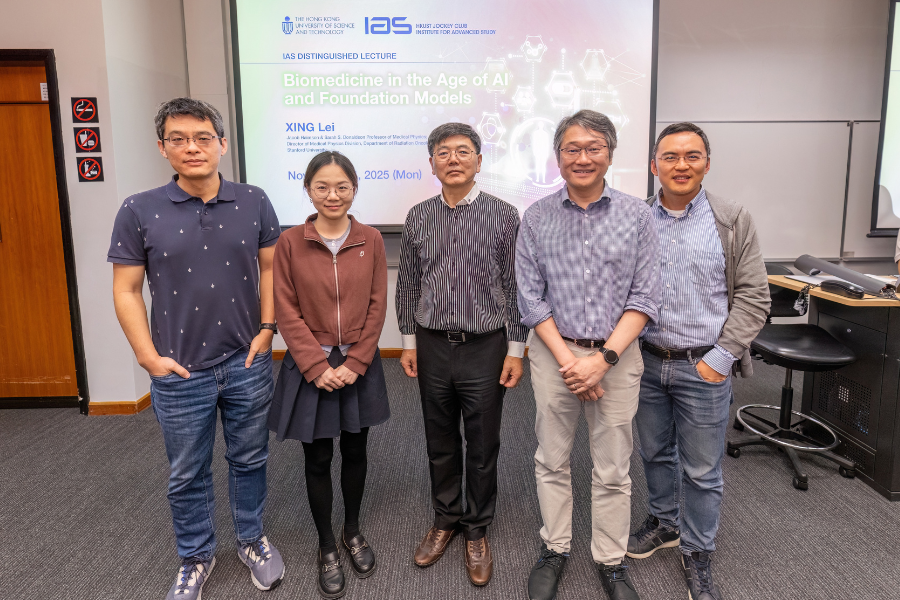Biomedicine in the Age of AI and Foundation Models
Abstract
AI, driven by deep learning, has garnered significant attention in recent years and is increasingly being adopted for various applications in medical imaging and multi-omics data analysis in biomedicine. The remarkable success of AI and deep learning can be attributed to their unique ability to extract essential features from big data and make accurate inferences. This talk aims to update the audience on the latest advancements in the field of omics data analysis, including foundation models and large language models. It will also address the pitfalls of current data-driven approaches, summarize recent developments in interpretable AI, and offer perspectives on the applications of AI in multi-omics data analysis and precision oncology.
About the Speaker
Prof. XING Lei is currently the Jacob Haimson & Sarah S. Donaldson Professor of Medical Physics and Director of Medical Physics Division of Department of Radiation Oncology at Stanford University. He also holds affiliate faculty positions in Department of Electrical engineering, Bio-X and Molecular Imaging Program at the University.
His research has been focused on artificial intelligence in medicine, medical imaging, treatment planning, image guided interventions, nanomedicine, and applications of molecular imaging in radiation oncology. He has made unique and significant contributions to each of the above areas.
Prof. Xing is an author on more than 400 peer reviewed publications, a co-inventor on many issued and pending patents, and a co- investigator or principal investigator on numerous NIH, NSF, DOD, RSNA, ACS and many corporate grants. He is a fellow of AAPM (American Association of Physicists in Medicine), ASTRO (American Society for Radiation Oncology), and AIMBE (American Institute for Medical and Biological Engineering). He has received numerous awards, such as Google Faculty Scholar Award and E. H. Quimby Lifetime Achievement Awards from AAPM.
For Attendees' Attention
Seating is on a first come, first served basis.










